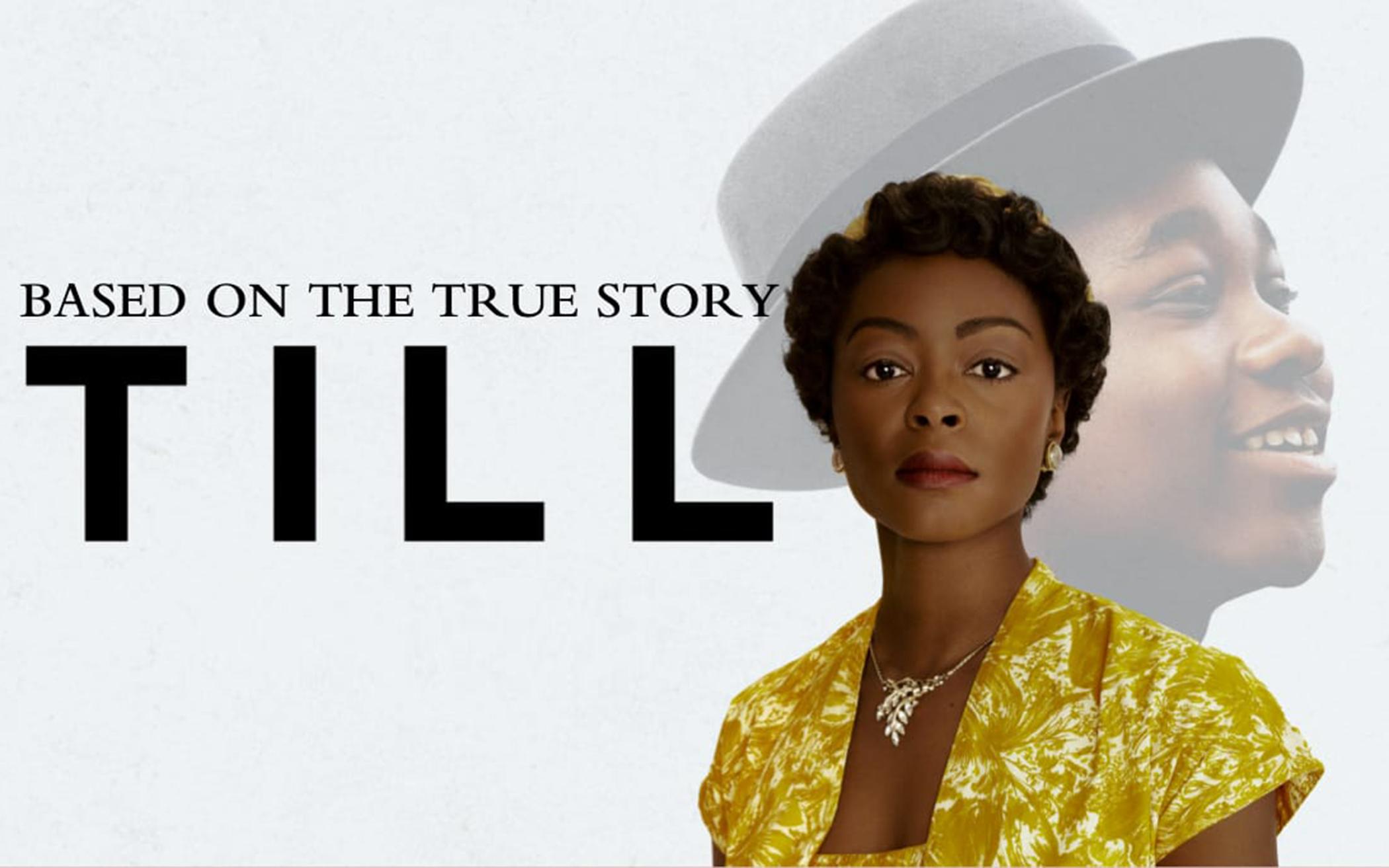Mamie Till-Mobley knew Mississippi all too well. She remembered the Magnolia state, not for its botanical beauty, but for its reign of terror upon Black people. It was the main reason she left for Chicago and didn’t plan to go back. When her 14-year-old son Emmett wanted to visit his cousins, she insisted he must downplay his huge personality. She knew trouble might find him.
Emmett didn’t know there were two worlds—Black and white—and that in the white world every encounter could result in violence if the unwritten rules of white supremacy were not obeyed.
Mamie and Emmett never meant to jump-start the Civil Rights movement in 1955. Mamie was just a Black mother trying to make things better for her son and keep him alive, until he wasn’t. Her son’s heinous murder catapulted her upon a new, courageous path.
Director and co-screenwriter Chinoye Chukwu makes a choice in how she tells the story of Mamie and Emmett Till, a choice I appreciated greatly. Instead of showing the graphic murder of Emmett (by the hands of white supremacists who believed Emmett whistled at a white woman), she depicts Emmett’s death through a moving music score by composer Abel Korzeniowski and a powerful performance by actress Danielle Deadwyler as Mamie. The director chose dignity rather than gore. I am grateful for this choice.
Civil rights films are hard for me to watch because I grew up as a child during the era. I remember the black-and-white news footage of beaten Black people or jailed children. At the same time, some of these courageous people became activists for freedom and justice. Emmett’s death sparked Mamie into becoming an activist, and her first action was showing the bruised and battered body of Emmett during the funeral. It was an indictment upon white Mississippians who believed in a deadly racial hierarchy. She turned a spotlight on racial injustice, and it became a moment for the nation to reflect and change its perspective on race in America. Only a few months later, Rosa Parks refused to cede her seat to a white man on a Montgomery, Ala., public bus.
I strongly recommend this film for its historical accuracy and ability to prompt discussion for any individual, church, or study group. (Rated PG-13, Apple TV+, Amazon Prime)
About the Author
Reginald Smith is the Director of Diversity for the Christian Reformed Church. He attends Madison Square Church in Grand Rapids, Mich.

